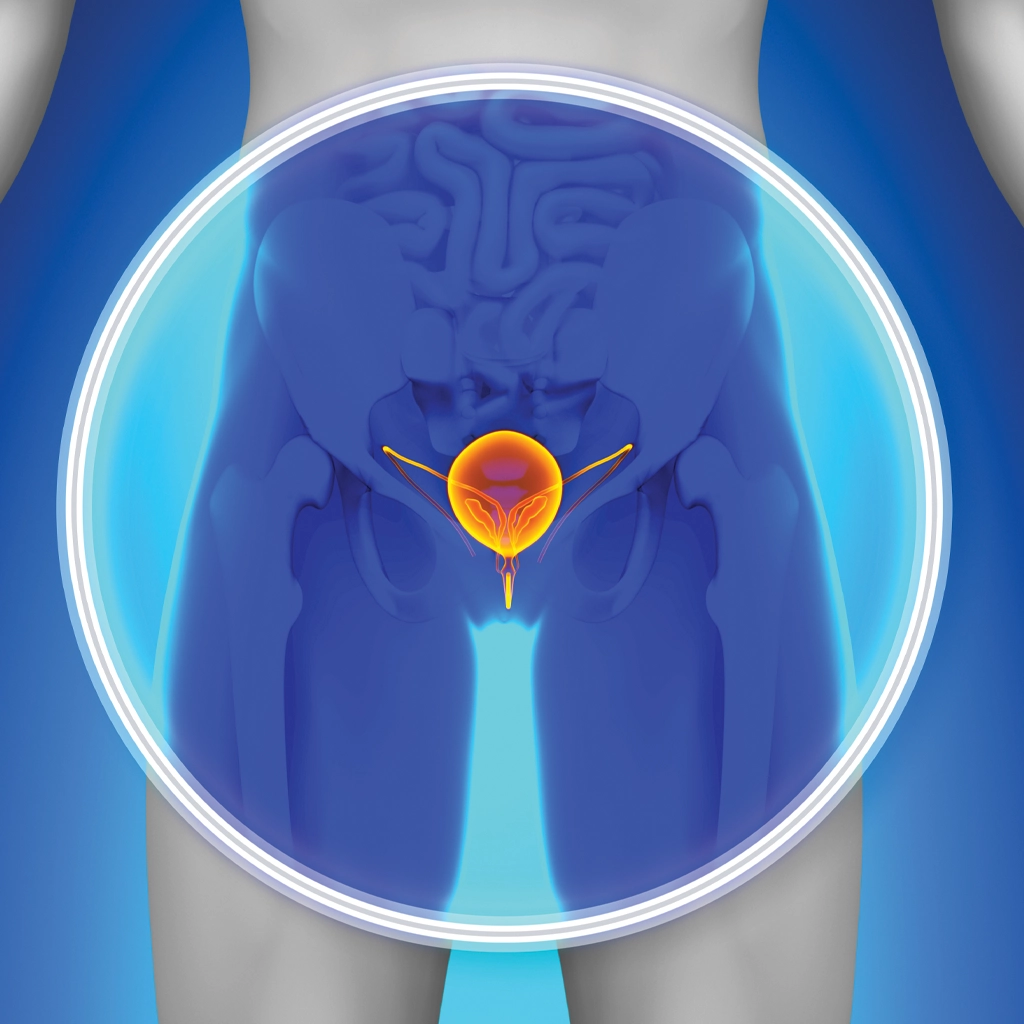Prostate Artery Embolization (PAE)
A minimally invasive treatment for men with enlarged prostate (BPH)
Symptoms of enlarged prostate (BPH):
- Frequent or urgent need to urinate (especially at night)
- Weak urine stream
- Difficulty beginning urination or dribbling at the end
- Inability to completely empty the bladder
This condition may ultimately lead to painful urination, incontinence, reduced sex drive and even erectile dysfunction. Men with BPH have a new treatment option that is effective and helps them avoid open surgery.
Book a consult in Roanoke, VA, National Harbor, MD or Rockville, MD!
National Vascular Physicians offers a new and minimally invasive treatment option for BPH in National Harbor and Roanoke.
At National Vascular Physicians, we can treat BPH with a convenient, outpatient procedure called prostate artery embolization (PAE). It requires no more than a small nick in the skin. No general anesthesia. No downtime. Fast results.
Prostate artery embolization is recommended for patients who:
-
- Have an enlarged prostate
- Have symptoms of BPH
- Have refractory hematuria
- Do not wish to have surgery
Call us for a consultation
If you have BPH symptoms that are negatively impacting the quality of your life, don’t wait until the symptoms get worse! We invite you to consult with us. Our doctors will work with both you and your doctor to help you understand the extent of your condition and determine if PAE is a treatment option for you.
PAE treatment is covered by most insurance and may be performed in our convenient outpatient setting. For more information, please call 301-276-5670 or click here where you can take a quiz and read information to share with your doctor.

What is an enlarged prostate (BPH)?
BPH is one of the most common health problems, affecting half of all men 51-60 and up to 90% of men older than 80. A normal male prostate gland is the size of a walnut. With BPH, it can grow as large as a tennis ball. The enlarging prostate can put pressure on the urethra, restricting the flow of urine.
Will BPH go away on its own?
Unfortunately, no. Left untreated, BPH can lead to urinary tract infections (UTIs), bladder damage, bladder stones, kidney damage (or chronic renal failure) and urinary retention (the inability to urinate).
Prostate artery embolization is an alternative treatment to prostate surgery
Until recently, men had one treatment option for BPH—a surgery called transurethral resection of the prostate (TURP). During this surgery, a portion of the prostate gland is removed using an electric current or laser. Unfortunately, side effects are common with TURP procedures and include infection, sexual dysfunction and retrograde ejaculation.
If you do not wish to have this surgery, or if you are seeking a less invasive way to achieve symptom relief, the doctors at National Vascular Physicians will work with your urologist and care team to help determine the best treatment option for you.
Learn more about enlarged prostate (BPH) and treatments here »




